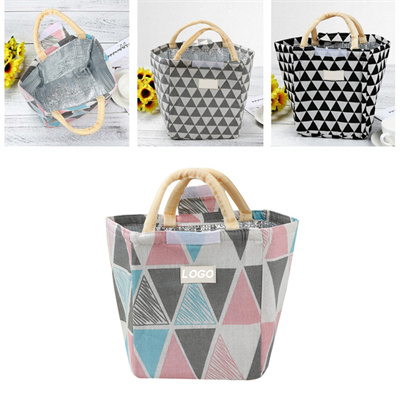The battle between jute and plastic bags is essentially a comparison between sustainability and environmental impact. Here are the key differences and considerations when pitting jute bags against plastic bags:
Jute Bags:
- Sustainability: Jute bags are made from natural jute fibers, a renewable and biodegradable resource. Jute plants grow quickly and require minimal pesticides and fertilizers, making them a sustainable choice.
- Biodegradability: Jute bags are fully biodegradable, breaking down naturally over time without leaving harmful residues. This reduces their impact on landfills and the environment.
- Durability: Jute bags are known for their strength and durability. They can withstand heavy loads and are reusable, reducing the need for frequent replacements.
- Low Environmental Impact: Jute cultivation and production have a lower environmental impact compared to plastic bag production, which involves the extraction and processing of non-renewable fossil fuels.
- Versatility: Jute bags come in various styles, sizes, and designs, making them suitable for a wide range of purposes, from shopping to fashion accessories.
- Customization: Jute bags can be customized with eco-friendly inks and dyes, allowing businesses and individuals to promote their brand or personal style while supporting sustainability.
Plastic Bags:
- Non-Biodegradable: Plastic bags are made from synthetic materials like polyethylene, which do not biodegrade easily. They can persist in the environment for hundreds of years, contributing to plastic pollution.
- Environmental Hazards: Plastic bags pose a significant threat to wildlife, marine ecosystems, and waterways. They can harm animals that ingest or become entangled in them.
- Resource-Intensive Production: The production of plastic bags requires the extraction of fossil fuels and energy-intensive processes, contributing to greenhouse gas emissions and environmental degradation.
- Single-Use: Plastic bags are often used only once before being discarded, leading to a rapid accumulation of waste.
- Lack of Recycling: Many plastic bags are not properly recycled, exacerbating the plastic waste problem. Those that are recycled require additional energy and resources to do so.
- Regulatory Bans and Restrictions: Many regions and countries have implemented bans or restrictions on single-use plastic bags due to their negative environmental impact.
In the battle between jute and plastic bags, jute bags clearly have the upper hand in terms of sustainability, biodegradability, and lower environmental impact. They are a more responsible choice for those looking to reduce their ecological footprint and promote a greener future. Plastic bags, on the other hand, contribute to environmental problems and are increasingly being discouraged or banned in various places worldwide.





















